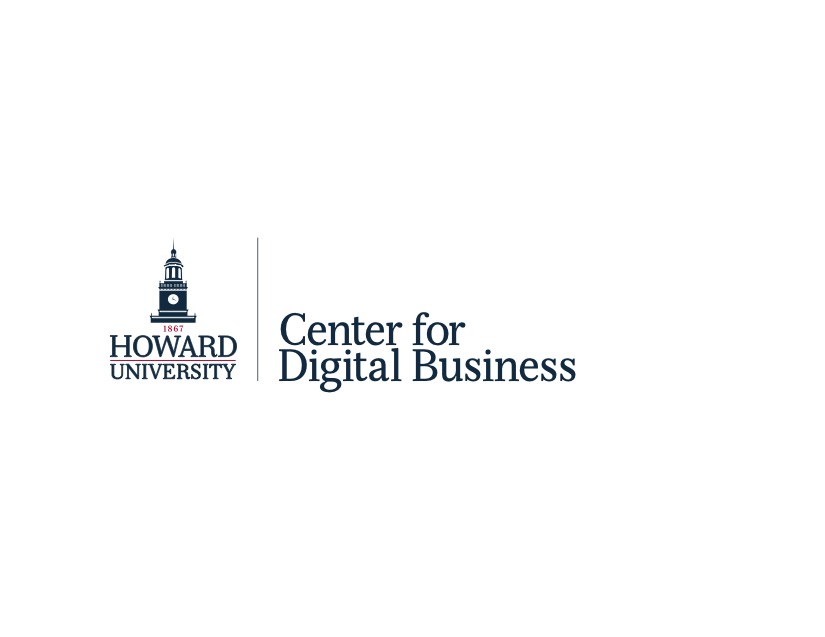Educational Scope
When you connect with CDB, whether through our events, trainings, or blog, you can expect to get timely, practical education on the latest trends and technologies in business. Your experiences with our Center will add tangible skill sets to your resume, help you speak knowledgeably about present-day business practices and procedure, and seamlessly transition into your next internship or full-time role.
Read more about our key learning areas and programs below.
Consumer Experience
Consumer experience describes the impression and interactions a customer has with a business over the course of their buyer's journey. Providing a high-quality consumer experience requires a deep understanding of the customers' motivations, their journey with the business, the best time and place to engage, and how to improve the company's products or services. Sales and marketing teams devote lots of time to enhancing their consumer experience strategies because customers are willing to pay a premium for quality service.
Business Intelligence
Business Intelligence (BI) comprises the strategies and technologies used by enterprises for the analysis and management of business information. BI gives companies a clear view of all their data, which allows for improvement to business strategies, operations, organizational health, financial management and customer services. According to the US Bureau of Labor Statistics, the job market for BI analysts is expected to grow by 11% from 2019 to 2029.
Cybersecurity
Cybersecurity is the practice of using technologies and processes to protect internet-connected systems, devices, programs and data from digital attacks. Governments, medical and financial institutions, universities and companies store extensive amounts of data that may include sensitive information such as intellectual property or our personal information. For this reason, cybersecurity is a top priority in every industry. In fact, estimates claim that cybersecurity spending will continue to increase worldwide, totaling $1.75 trillion by 2025.
5G Technologies
5G technology is the latest iteration of wireless network technology that promises to revolutionize the way we communicate, connect, and do business. It is designed to provide faster internet speeds, lower latency, and higher bandwidth than previous wireless technologies, such as 4G LTE. 5G will continue to enable the development of new technologies and services, including smart cities, autonomous vehicles, remote surgery, and virtual and augmented reality. According to a report by IHS Markit, 5G technology is expected to contribute $13.2 trillion to the global economy by 2035.
Emerging Technologies
Emerging technologies such as blockchain and ChatGPT are transforming the way we live, work, and interact with each other. These technologies have the potential to revolutionize entire industries, create new career opportunities, and impact the economy and society in significant ways. It’s clear that these technologies are here to stay and will grow to billion, if not trillion, dollar markets. Companies and professionals that embrace emerging technologies are likely to gain a competitive advantage in the marketplace.

